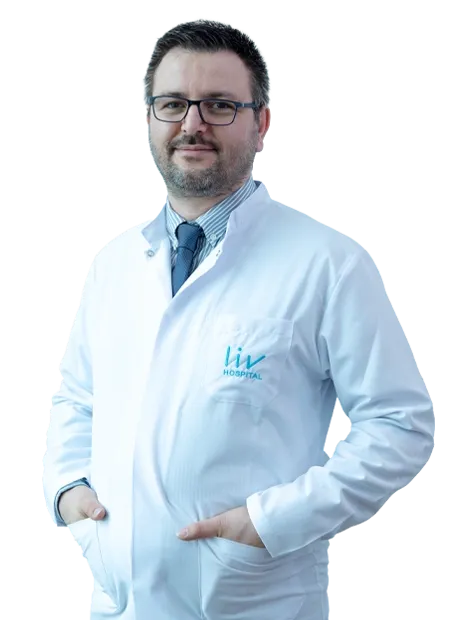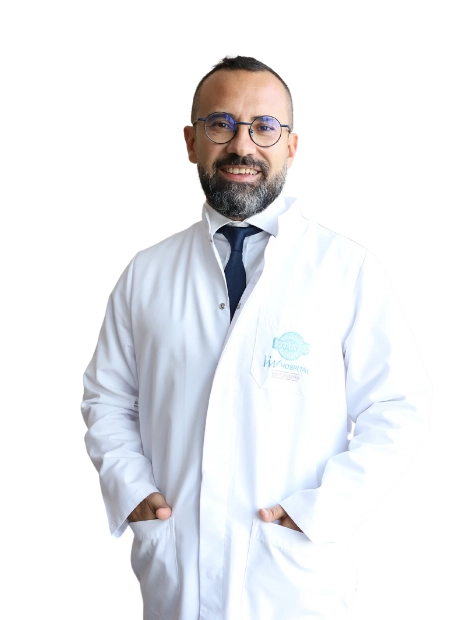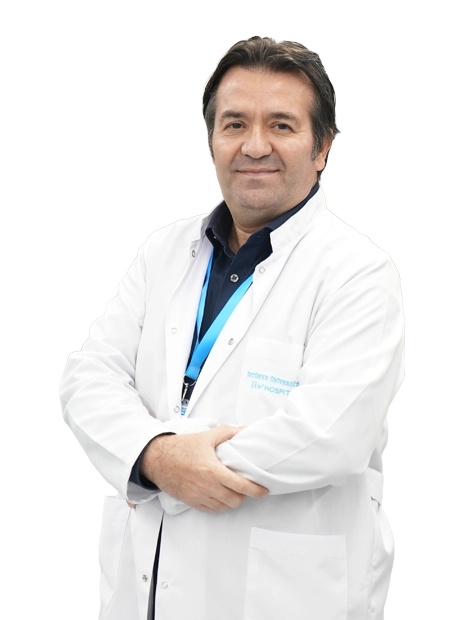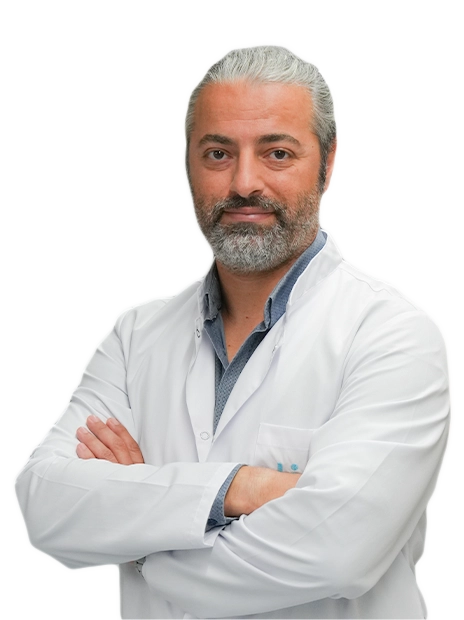We are committed to top-notch healthcare and understand the challenges of cancer treatment for kids. Research on the effects of cancer treatment on children shows that 60% to over 90% of childhood cancer survivors will develop at least one chronic health issue as adults.

Childhood cancer treatment comes with big risks. Survivors are more likely to get secondary cancers, heart issues, and brain problems. Knowing these risks helps us give better care to kids with cancer.
Key Takeaways
- Childhood cancer survivors are at risk for various late effects, including heart problems and secondary cancers.
- The risk of long-term effects depends on factors such as the type of cancer, age at diagnosis, and treatment type.
- Survivors may experience cognitive impairment, including learning and memory problems.
- Radiation therapy and certain chemotherapies can affect puberty, reproductive hormones, and fertility.
- Comprehensive care is essential for pediatric cancer patients to mitigate long-term risks.
Understanding Childhood Cancer Treatments and Their Impact
It’s key to know about the treatments for childhood cancer to lessen their effects on a child’s life. Treatments like chemotherapy and radiation are meant to fight cancer. But they can also harm a child’s health and growth in the long run.

Common Cancer Treatments for Pediatric Patients
Pediatric cancer patients get a mix of treatments based on their needs. Chemotherapy uses strong drugs to kill cancer cells. But it can harm healthy cells too, causing growth problems and developmental issues.
“The treatment of childhood cancer is a complex process that requires a complete care approach,” says an expert.
Radiation therapy is another key treatment for kids with cancer. It uses high-energy rays to kill cancer cells. Yet, it can also harm healthy tissues nearby, causing long-term health problems.
- Chemotherapy: A treatment that affects the whole body.
- Radiation therapy: Targets specific areas but can harm healthy tissues.
- Surgery: Used with other treatments to remove tumours.
We understand the need for full care for childhood cancer survivors. Our goal is to give caring support as both Sage and Caregiver. We ensure our young patients get the help they need during and after treatment.
The Scope of Long-Term Effects of Cancer Treatment on Children
Children who survive cancer are more likely to get chronic health problems later. By age 50, they might have 17.1 chronic health conditions. This is almost double what the average person has. It shows we need to care for these survivors for a long time.

Health Outcomes in Childhood Cancer Survivors
Survivors of childhood cancer face many late effects. These include heart issues, secondary cancers, and problems with thinking. These effects can really change their quality and need careful handling.
Common Long-Term Effects:
- Cardiovascular disease: Survivors are at a higher risk for heart problems due to certain chemotherapy agents and radiation therapy.
- Secondary cancers: Exposure to radiation and certain chemotherapeutic agents increases the risk of developing secondary malignancies.
- Cognitive impairment: Some treatments can affect cognitive function, impacting educational and career achievements.
It’s key to understand these risks to give the right care. We must stress the need for long-term care. This way, we can help survivors live healthy lives.
Importance of Long-Term Follow-Up Care
Long-term care is vital for catching and managing late effects early. It should fit the survivor’s treatment and risks. This approach can improve their health and life quality.
Our goal is to offer full support and care for childhood cancer survivors. We aim to help them deal with the challenges they face.
Neurological and Cognitive Long-Term Effects
Cancer treatments save lives but can harm children’s brains and thinking skills. These effects can change their lives and future chances. It’s important to understand and lessen these impacts.
About 10% of kids who beat cancer get another cancer in 30 years. This shows we must focus on the long-term effects of cancer treatment on children. Neurological effects can include peripheral neuropathy, hearing loss, and vision problems, depending on the treatment.
Cognitive issues are a big worry, with survivors facing memory, learning, and focus problems. The question of whether chemotherapy ages you is complex. It can affect thinking skills in ways that seem like or speed up aging.
Long-term chemotherapy side effects are tough, affecting both body and mind. They make it hard for patients to fit into daily life and society. Monitoring and addressing these effects are key to bettering the lives of childhood cancer survivors.
It’s vital to grasp the neurological effects of cancer treatment on children and their meanings. We need to think about cognitive issues and other late effects when planning care. This helps ensure survivors get the best support.
Secondary Malignancies and Cancer Recurrence Risks
Children who have had cancer face a higher risk of getting secondary cancers or having their cancer come back. This is a big worry for doctors and families. It shows why it’s so important to keep an eye on these kids for a long time.
Factors Influencing Second Cancer Development
Several things can make a child more likely to get a second cancer. These include:
- Genetic predisposition: Some genetic conditions can increase the risk of secondary cancers.
- Type and dose of treatment: Certain chemotherapies and radiation can raise the risk.
- Age at the time of treatment: Younger kids are more at risk from cancer treatment’s long-term effects.
Hospitals like livhospital.com are key in helping these kids. They offer care that meets their specific needs.
Mental Health Challenges in Survivorship
Childhood cancer survivors often deal with mental health issues like anxiety, depression, and PTSD. It’s vital to offer psychological support as part of their care. This support helps them cope with the emotional and psychological aspects of their cancer journey.
Educational and Career Implications
Having cancer as a kid can affect a child’s education and career choices. Survivors might struggle with learning and memory because of their treatment. We push for plans that help them succeed in school and work.
Building Resilience in Childhood Cancer Survivors
It’s key to help childhood cancer survivors build resilience. We support them by addressing their physical, emotional, and social needs. This includes encouraging healthy habits, providing psychological support, and creating a supportive community.
By knowing the risks and challenges, we can give better care and support. This helps improve their quality of life and supports their long-term well-being.
Conclusion: The Future of Pediatric Cancer Survivorship Care
Looking at the long-term effects of cancer treatment on children, we see the need for full care for survivors. It’s key to keep up with them over time, watching for late effects and health issues. These can come from chemo and other treatments.
Knowing the chronic side effects helps us support survivors better. Our goal is to give top-notch healthcare and support to kids from around the world. We want to make sure they get the care they need to do well.
The future of cancer care relies on ongoing research and new ideas in survivorship care for kids. We must keep working to improve care for these patients. This will help them get the best results and shape the future of cancer treatment.
FAQ
What are the long-term effects of chemotherapy on children?
How does chemotherapy affect a child’s growth and development?
What are the risks of secondary malignancies in childhood cancer survivors?
Can childhood cancer treatment affect cognitive function and neurological development?
How can we support the mental health of childhood cancer survivors?
What are the educational and career implications for childhood cancer survivors?
How can we build resilience in childhood cancer survivors?
What is the importance of long-term follow-up care for childhood cancer survivors?
children. This includes chronic conditions, secondary cancers, and cognitive issues.
How does radiation therapy impact the long-term health of childhood cancer survivors?
References
- Rühle, A., et al. (2024). Decision regret of cancer patients after radiotherapy. Journal of Cancer Research and Clinical Oncology. https://pmc.ncbi.nlm.nih.gov/articles/PMC10978708/



































